Bruno Fernandes' rise to Portugal World Cup playmaker
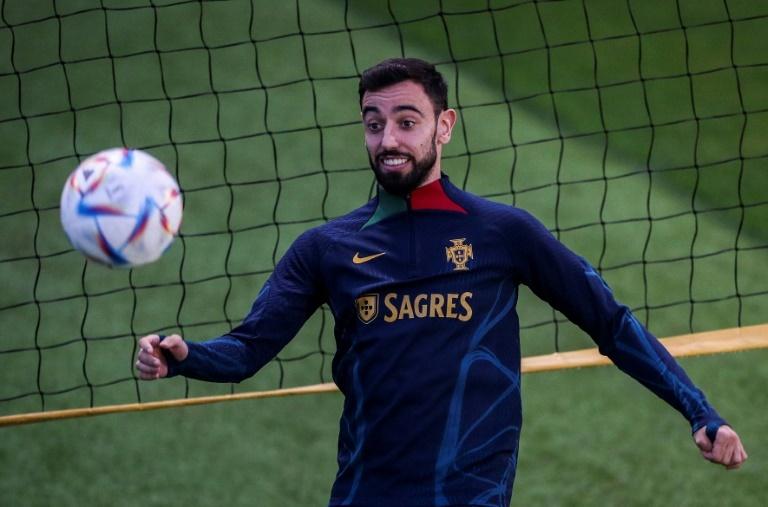
Bruno Fernandes has excelled at Manchester United and is expected to be a similarly creative force for Portugal at the World Cup - a far cry from his days as a bit of a journeyman and even a defender in his youth.
2 years ago
That sometimes haphazard journey began in the suburbs of Porto, where Fernandes played between the rows of low-rise council houses and in the playground of his primary school. "That toughened him up because he was playing with his big brother or with us, and we were all two years older than him. He had character," recalls Lucio Fernandes, who is no relation.
With the help of Lucio, Fernandes was given a trial by the local team in the town of Sao Mamede de Infesta, whose outdated facilities are wedged between rows of houses and a motorway interchange."After training I said to the president, 'This kid has to stay.' You could see he had talent and that we needed to make the most of it," says Sergio Marques, who was Fernandes' first coach.
His parents couldn't drive so FC Infesta had to find a way to get the youngster to training - at age eight, little Bruno was so talented that the coach decided to offer him a one-on-one session each week. "Despite his age he was a hard worker and full of determination. He had an incredible capacity for learning. Whatever I taught him during the week he would go out and show it in matches at the weekend," says Marques, now in his 60s.
At the time the club played on a dirt pitch which has since been replaced by an immaculate synthetic surface. Back then, Fernandes was a defender. "I used to play him as a central defender because he was always one step ahead of the attackers, but when the game was easy I let him play in midfield," says Marques, who still calls Fernandes by his other family name, Borges.
After one season at FC Infesta, Fernandes became a target for the two leading clubs in the region, FC Porto and Boavista. His family opted for the more modest Boavista, who laid on a minibus to take him to training. But first he was loaned out to another local side, ADR Pasteleira, where coach Antonio Ribeiro arrived when Fernandes was 15.
"When I came to the club Bruno's team wasn't winning any games. He was playing as a central defender and I decided to make him the playmaker. It was from that moment on that we started to win games. He scored lots of goals," says Ribeiro, now 63. "He was scrawny but wasn't afraid to get stuck in. And off the pitch he was a really humble teenager. But on the pitch he had a strong personality and so was often squabbling."
Fernandes was 17 when he returned to Boavista and was moved up an age group on the request of then-coach Joaquim 'Martelinho' Silva, a former winger for the club when they won the Portuguese title in 2001. "Before becoming his coach at Boavista, I had often come up against him. He was the type of player who deserved special attention because he was the best player for his team," says Silva.
In the 2011/12 season Fernandes appeared to be on the verge of breaking into the first team, but a corruption affair that shook Portuguese football left Boavista in the third division. "His dream was to break into the first team and into the first division," says Silva. "Given the context at the club, he must have felt he couldn't fulfil that aim and so needed to leave."
Fernandes moved to Italy, joining Serie B Novara for 40,000 euros. For a spell he was a bit of a journeyman as spells at Udinese and Sampdoria followed, before he returned to Portugal and this time became a star at Sporting Lisbon. A 63-million-euro move to Old Trafford followed in January 2020 and the attacking midfielder, who can still be feisty, has become crucial to United. The 28-year-old has also captained them.
"He deserves all the credit because he was alone when he went to Italy, very young and far away from his family, without speaking the language," adds Silva. "It wasn't easy, but his ambition was such that he grew into the player he is now."
With the help of Lucio, Fernandes was given a trial by the local team in the town of Sao Mamede de Infesta, whose outdated facilities are wedged between rows of houses and a motorway interchange."After training I said to the president, 'This kid has to stay.' You could see he had talent and that we needed to make the most of it," says Sergio Marques, who was Fernandes' first coach.
His parents couldn't drive so FC Infesta had to find a way to get the youngster to training - at age eight, little Bruno was so talented that the coach decided to offer him a one-on-one session each week. "Despite his age he was a hard worker and full of determination. He had an incredible capacity for learning. Whatever I taught him during the week he would go out and show it in matches at the weekend," says Marques, now in his 60s.
At the time the club played on a dirt pitch which has since been replaced by an immaculate synthetic surface. Back then, Fernandes was a defender. "I used to play him as a central defender because he was always one step ahead of the attackers, but when the game was easy I let him play in midfield," says Marques, who still calls Fernandes by his other family name, Borges.
After one season at FC Infesta, Fernandes became a target for the two leading clubs in the region, FC Porto and Boavista. His family opted for the more modest Boavista, who laid on a minibus to take him to training. But first he was loaned out to another local side, ADR Pasteleira, where coach Antonio Ribeiro arrived when Fernandes was 15.
"When I came to the club Bruno's team wasn't winning any games. He was playing as a central defender and I decided to make him the playmaker. It was from that moment on that we started to win games. He scored lots of goals," says Ribeiro, now 63. "He was scrawny but wasn't afraid to get stuck in. And off the pitch he was a really humble teenager. But on the pitch he had a strong personality and so was often squabbling."
Fernandes was 17 when he returned to Boavista and was moved up an age group on the request of then-coach Joaquim 'Martelinho' Silva, a former winger for the club when they won the Portuguese title in 2001. "Before becoming his coach at Boavista, I had often come up against him. He was the type of player who deserved special attention because he was the best player for his team," says Silva.
In the 2011/12 season Fernandes appeared to be on the verge of breaking into the first team, but a corruption affair that shook Portuguese football left Boavista in the third division. "His dream was to break into the first team and into the first division," says Silva. "Given the context at the club, he must have felt he couldn't fulfil that aim and so needed to leave."
Fernandes moved to Italy, joining Serie B Novara for 40,000 euros. For a spell he was a bit of a journeyman as spells at Udinese and Sampdoria followed, before he returned to Portugal and this time became a star at Sporting Lisbon. A 63-million-euro move to Old Trafford followed in January 2020 and the attacking midfielder, who can still be feisty, has become crucial to United. The 28-year-old has also captained them.
"He deserves all the credit because he was alone when he went to Italy, very young and far away from his family, without speaking the language," adds Silva. "It wasn't easy, but his ambition was such that he grew into the player he is now."

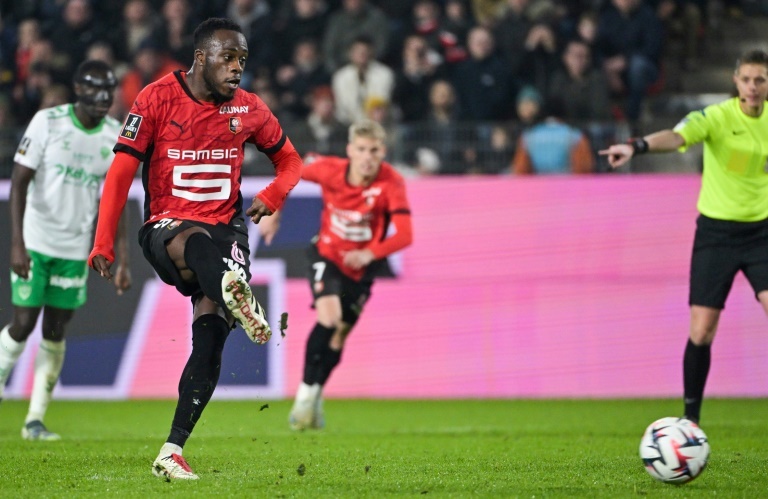
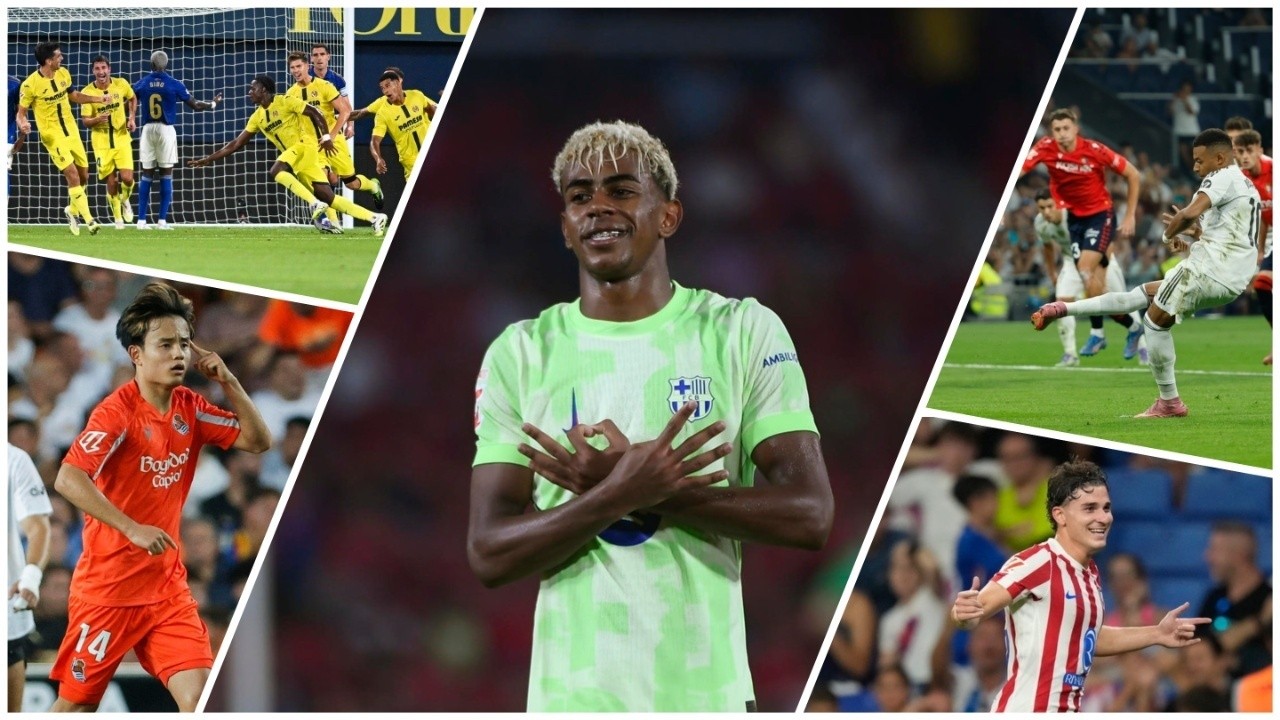
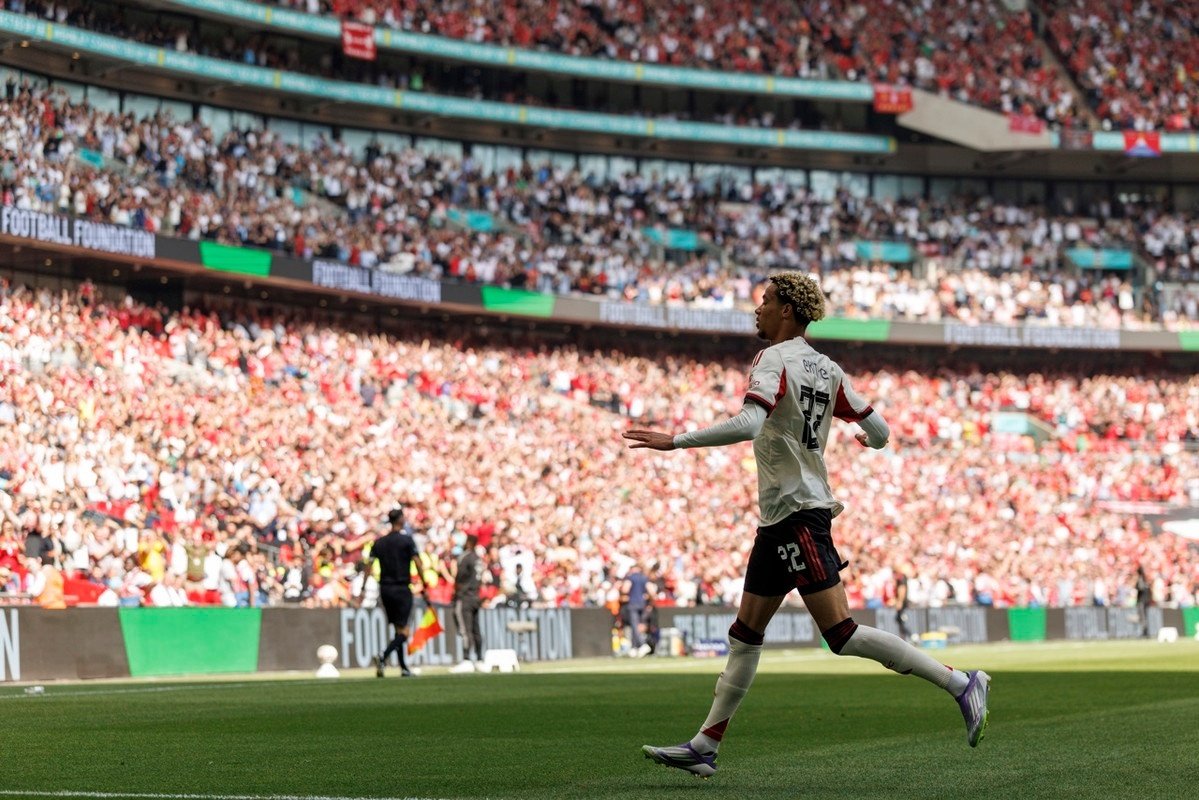
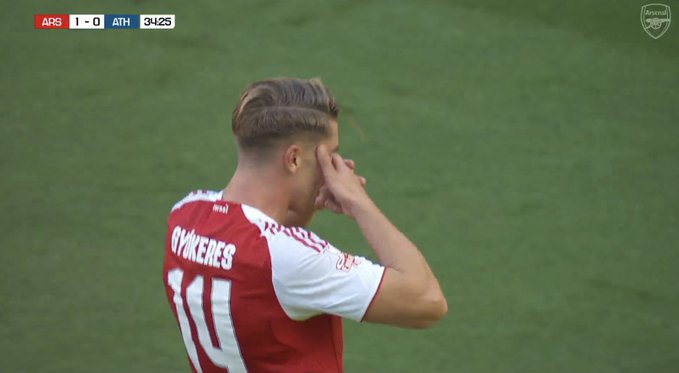
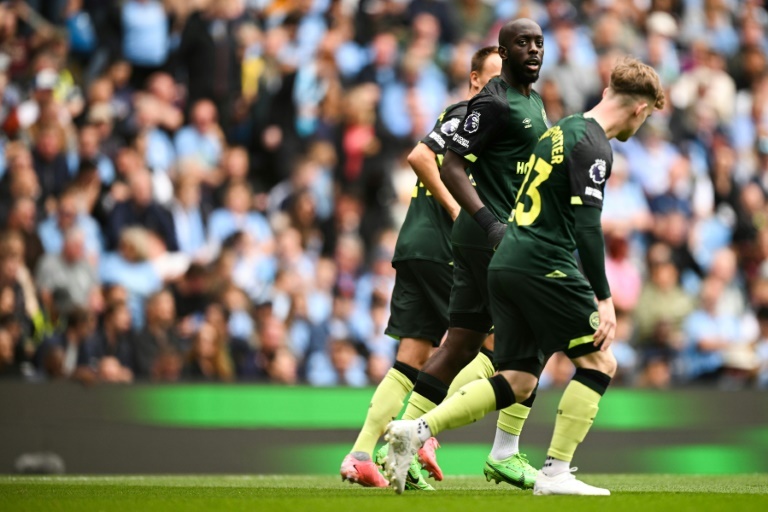
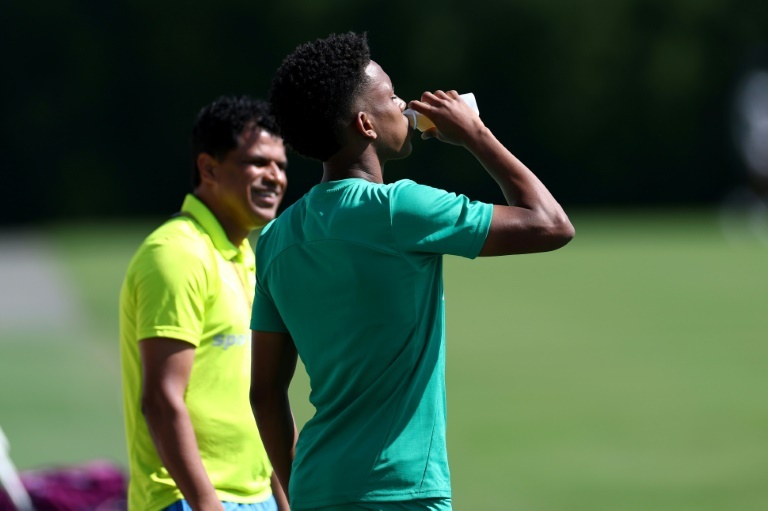
Comments